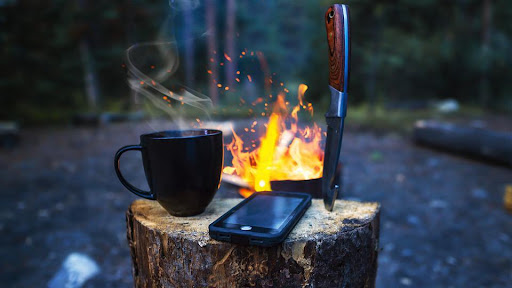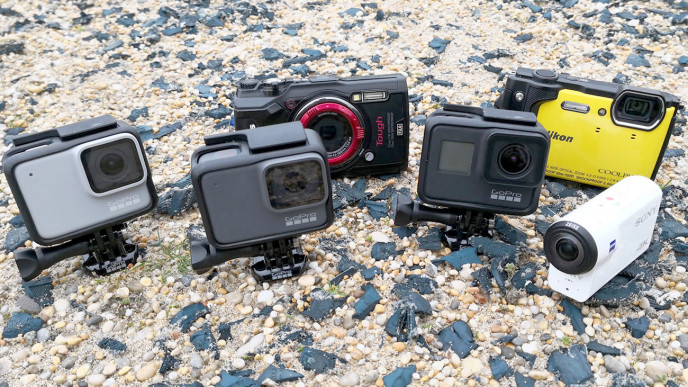By this stage in the modern world, we’re all heavily dependent on our mobile devices and gadgets, so having them available and charged is very important. When we leave civilization behind for the weekend or longer and head out on a hike or go camping, we’ll want to keep these devices charged so that we can use the camera for memories, have a device we can use to communicate with family and loved ones, and even reach out for help in the unlikely event of an emergency.
Portable Battery Packs
Perhaps the current gold standard for keeping devices charged when you find yourself away from electrical outlets or during power blackouts is the lithium battery based portable power bank. Everyone has their own name for it, but it effectively provides between 1 and 2.1 amps of charging current via USB to keep your devices charged. The amount of charge it has and how long a battery pack will keep your device charged depends on the size of the battery it contains. Aukey charging solutions come in a wide range of options so you’ll find something that perfectly suits your needs.
They’re generally very portable and lightweight compared to some other options, so are perfectly suited for day hikers or even overnight trips where you might want to keep a device charged to serve as a camera or for any emergency communications you might need.
Small Solar Panels
Another option that has gained some popularity in recent years is the small, compact solar panel array which can offer lower voltage charging for your devices. Some might have a built-in battery so you can leave them out in the sun during the day to charge, either while you rest or camp or even secured to the outside of your backpack to soak up the sun while you walk. These solar panels offer the benefit of not needing electrical supply to charge initially, so can be used repeatedly, provided they get enough sun to charge their battery or your device. They’re better suited to phones and lower power devices than tablets and those that need a higher charging current, but they’re still very useful.
Compact Inverters
Likely not suitable for hikers or backpackers thanks to their weight and size, an inverter paired with a lead acid or lithium battery offers more versatility in its use than a battery pack because it allows much higher current draw and much bigger batteries. If you’re camping in a van or going off grid and getting there by car, an inverter might just be what you need.
The bonus is that even a modest 100aH battery can keep a cellphone charged for a very long time and will happily run your lights and small electronic devices. Just make sure you get something rated to the peak power demands of what you plan to run from it.
There we have it – three easy and cost-effective ways to keep your gadgets charged while you’re camping and away from the convenience of mains electrical supply.





